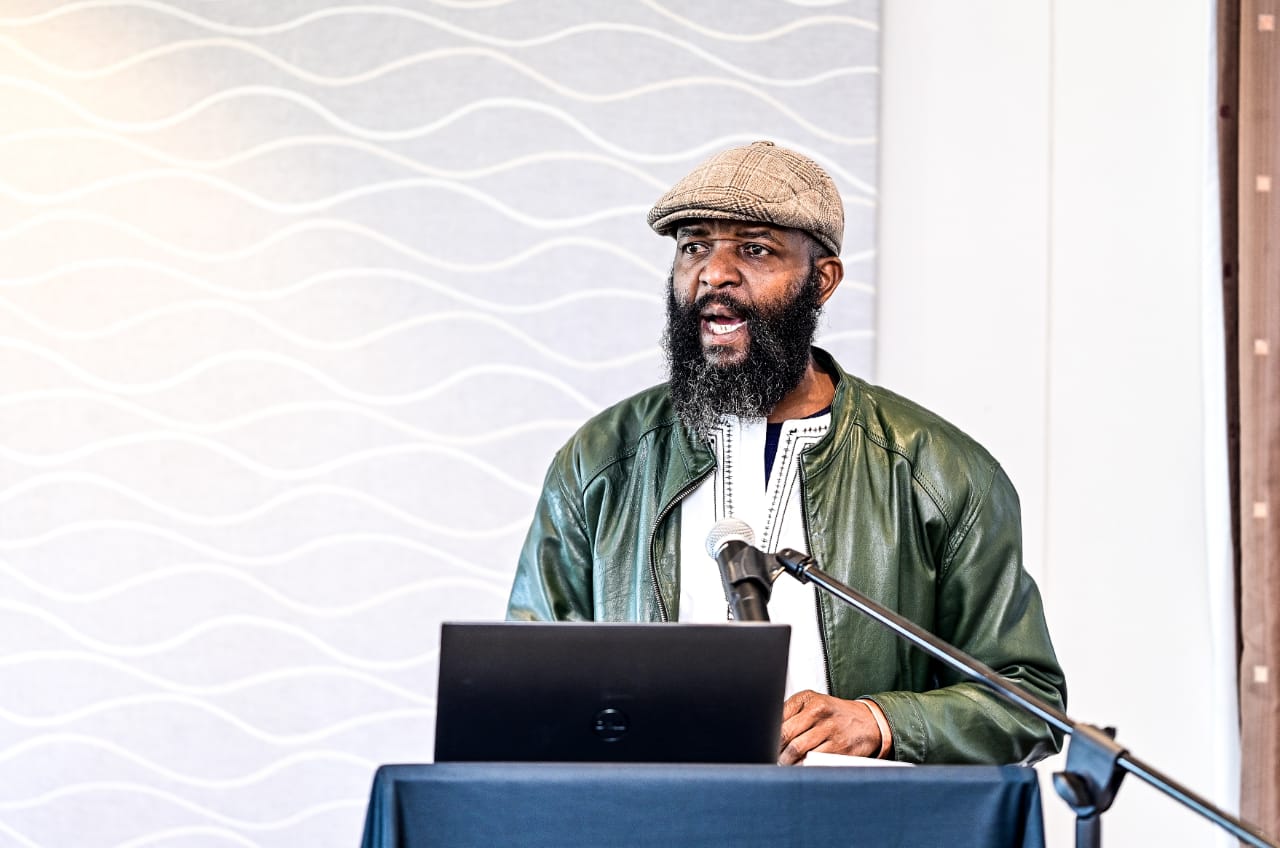DECOLONIZATION DEBATE REKINDLED AT WSU TRANSFORAMTION INDABA

The injustices of a colonial past resurfaced at WSU’s Transformation Indaba through the guest speaker, Dr William Mpofu, who rekindled the decolonization of higher education debate in South African universities.
Mpofu, a researcher at the Wits Centre for Diversity Studies addressed and interrogated the Indaba’s theme of the “Contested meaning of transformation in Higher Education with a special focus on Learning and Teaching, Research and Innovation, Governance and Institutional Support Systems.”
“Transformation is political business. There’s a lot of propaganda against decolonialization and transformation. The first point of propaganda once you talk decolonialization is the question of quality and standards as if there’s only one race or gender or type of people associated with quality and standards. Every race, age and gender is capable of quality and standards. There was never a time where any university in the world was a paradise of quality and standards – quality and standards are always a work in progress at Harvard, Wits and at Walter Sisulu University,” said Mpofu.
He added that South African racial groups should start working together towards reconciling their historical differences to forge a cohesive space for everyone. Mpofu said this should start with the acknowledgement and conceding of past wrong doings by the system’s beneficiaries.
“There is also a myth that when talking about decolonization we are fighting white people. No. We are in fact trying to help white people get out of their positioning as epistemic perpetrators of crimes against humanity. White people should be the first ones to address colonialization because we are trying to negotiate them out of a quagmire. If you are White, you are implicated either as a perpetrator of a beneficiary of a crime against humanity and their participation in decolonization is to own that truth and run with it,” he said.
Mpofu went on to characterize South African universities and institutions as spaces of violence for as long as the debris of colonialism lingers around African spaces.
“These institutions and universities that we belong to and work at are very violent. That is what colonialism did and does. But these institutions exist as very exclusionary, discriminatory and oppressive; and those are the workings and systems we are trying to undo,” he concluded.
Mpofu advised universities to start pondering about the relationship between themselves and the society and community it works with, otherwise, epistemically and politically these institutions will remain alien to their communities in their colonial and westernized model.
Dr Mpofu’s research interests are in Decoloniality, especially the province of the Philosophy of Liberation and methodology of undisciplinarity.
By: Sinawo Hermans
